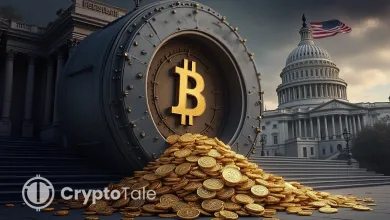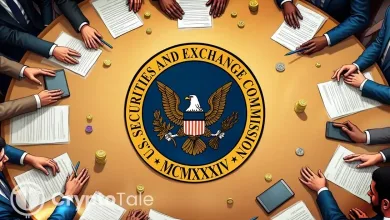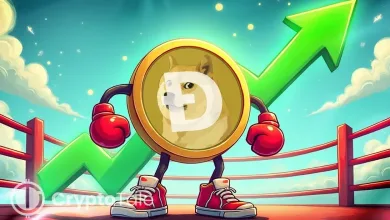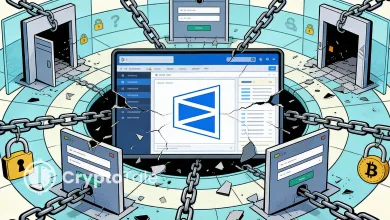Swiss Banks Test Tokenized Deposit Payments on Ethereum

- Three Swiss banks processed tokenized deposits across banks by using Ethereum.
- The pilot showed that payments can be instant while still meeting banking compliance rules.
- Deposit tokens may compete with stablecoins and reshape global interbank settlement.
Three Swiss banks, including UBS, PostFinance, and Sygnum, carried out the first binding cross-bank payment using tokenized deposits on a public blockchain. The Swiss Bankers Association (SBA) announced the payment on Tuesday, marking a key step in exploring how deposit tokens may reshape settlement. The transaction was executed on Ethereum as part of a feasibility study into deposit token applications for regulated banking.
A New Form of Blockchain Payment
According to the SBA, the study involved clients sending blockchain-based tokens that represented actual bank deposits, settling transactions across institutions. The trial proved that these digital representations could trigger legal payments between banks without relying solely on traditional payment systems.
Thomas Frei, head of product innovation at Sygnum Bank, called the development “something really new.” He added, “Our tokenized deposits can be used across different banks, which is something that was not there yet.” Frei also noted that while JPMorgan has created tokenized deposits, those tokens remain confined to JPMorgan’s own systems.
The pilot transfer used Ethereum under a permissioned framework, with banks confirming that payments could be legally settled between institutions while covering counterparty risk. Frei further clarified that the launch was a type of payment on the blockchain and is an alternative to stablecoins. This comparison is important because stablecoins are pegged to currencies or assets, yet they face regulatory uncertainty. Deposit tokens, issued under existing banking laws, may provide a regulated alternative.
Legal and Regulatory Dimensions
The experiment demonstrated that deposit tokens can function as conventional payment instructions under Swiss law. These tokens do not create a new currency but codify credit and debit obligations between banks. Final settlement will take place off-chain through the Swiss Interbank Clearing (SIC) system, while the blockchain provides the trigger for those movements.
This approach raises pressing questions. How should regulators classify deposit tokens—as securities, payment instruments, or another category? Who bears liability if a smart contract fails? How should disputes be resolved if blockchain instructions diverge from off-chain obligations?
To meet compliance standards, the pilot included anti-money laundering and counter-terrorist financing controls. Sanctions screening and role-based access checks further restricted token usage to authorized persons. With these protections in place, the regulators may have to oversee not only the financial risks but also the security and reliability of the underlying code.
The SBA observed that traditional Swiss payment systems are efficient, but cannot feed programmable conditions into smart contracts or interact directly with blockchain marketplaces, thus limiting their utility in automated business processes. However, deposit tokens may plug that gap.
Related: SwissBorg Faces $41M Solana Breach Linked to Kiln API
Market Implications and Future Questions
In upcoming periods, the deposit tokens may compete with or complement current inter-bank settlement rails, stablecoins, and central bank digital currencies (CBDCs). Common criticisms of stablecoins include reserve transparency and law enforcement. Depositing tokens inside banks may resolve some of these concerns while allowing programmability and instant settlement.
The SBA stated that payments using deposit tokens could one day be processed instantly and integrated into automated contracts. Yet significant work remains before deployment. Frei confirmed the banks are not yet ready to roll out the product.
Ahead are operational risks, legal clarity, and interoperability challenges. Research is needed on how political jurisdictions deal with deposit tokens, how to reduce smart contract errors, and how to safeguard financial stability if such tokens scale globally.
The most important question will remain: can regulated deposit tokens finally compete with stablecoins and unseat the foundations of interbank payments?




